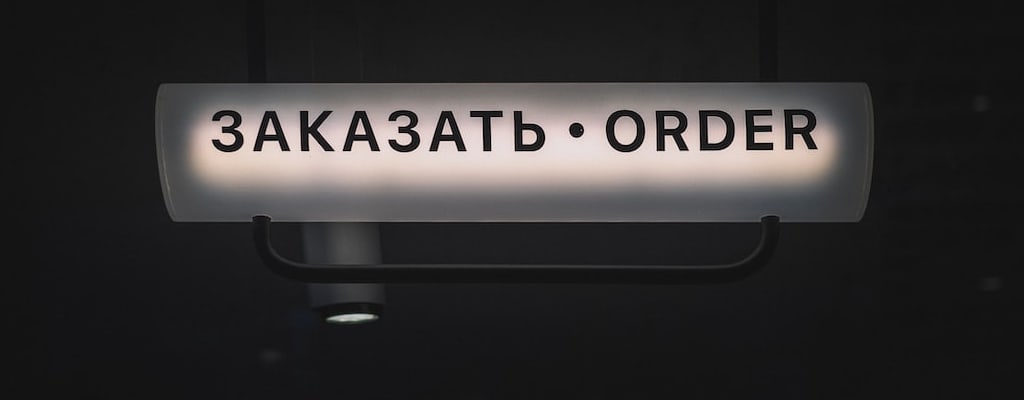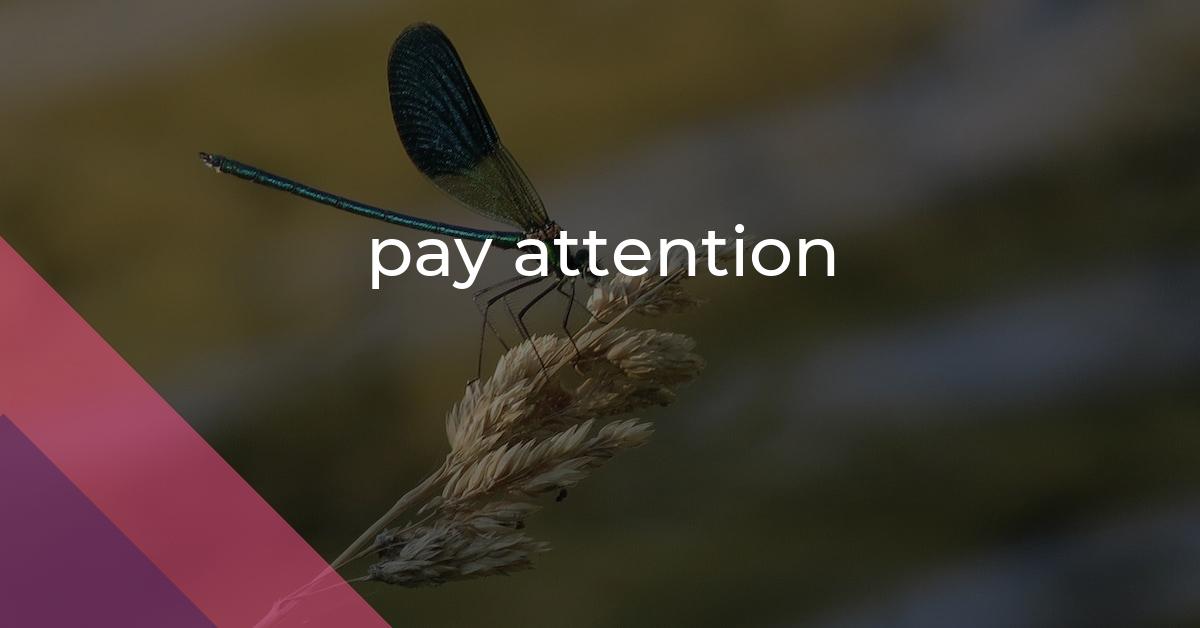pay attention: Idiom Meaning and Origin
What does ‘pay attention’ mean?
The idiom "pay attention" means to give your full focus and concentration to something or someone. It implies being alert and actively engaging with the subject or task at hand.

Idiom Explorer
The idiom "rise to the occasion" means to perform exceptionally well or exceed expectations when faced with a challenge or difficult situation.
The idiom "ring someone's bell" means to surprise or impress someone, often with a sudden or unexpected event or action. It can also refer to getting someone's attention or making them notice something. The expression is derived from the idea of a bell being rung to grab someone's attention or make a strong impact.
The idiom "ready up" means to prepare or get ready for a particular task or event. It implies taking action to be fully prepared and organized.
The idiom "put to work" means to utilize or employ someone or something for a particular purpose or task.
The idiom "put something into perspective" means to consider a situation or issue in relation to its true importance or significance, in order to gain a better understanding or judgment of it.
The idiom "put paid to" means to end or finish something, especially in a decisive or final manner.
Put on the map is an idiom that means to gain recognition or become well-known. It refers to the act of bringing something or someone into public attention, making them more notable or important.
The idiom "play a part" means to have a role or contribute to a particular situation or outcome.
The idiom "pitch in" means to join in and help or contribute to a task or activity.
The essence of focus
The idiom "pay attention" is a commonly used phrase in the English language, generally used to urge someone to be attentive and focused on a particular task or situation. When we say "pay attention," we are essentially telling someone to listen up and pay heed to what is being said or happening around them. It's a way of reminding them to tune in and be fully present in the moment.
The phrase "pay attention" is made up of two simple words that, when combined, create a powerful and direct command. The word "pay" is often associated with transactions and exchanging value, while "attention" refers to the act of actively focusing one's mind on a specific object or event. When we say "pay attention," we are implying that attention is not a passive state, but rather something that requires intentional effort and concentration.
So, why is it so important to pay attention? Well, in many situations, paying attention can mean the difference between success and failure, safety and danger, or understanding and confusion. When we are attentive and actively engaged, we are more likely to absorb information, make better decisions, and avoid potential pitfalls.
In a classroom setting, for example, a teacher might say "pay attention" to remind students to listen to the lesson and participate actively. By paying attention, students are more likely to grasp the material, ask questions, and retain the information for future use.
Similarly, while driving, it is crucial to pay attention to the road and be aware of our surroundings. A passenger might say "pay attention" to the driver as a reminder to stay focused and avoid distractions. By paying heed to the task at hand, drivers can react quickly to potential hazards and ensure the safety of themselves and others on the road.
Pay attention is related to the idioms "pay heed" and "listen up." Just like pay attention, these idioms serve as direct commands that prompt someone to be attentive and focused. Pay heed is similar to pay attention in that it implies the exchange of value and emphasizes the importance of actively allocating one's mental resources. Listen up, on the other hand, specifically highlights the act of listening and implies that there is something important or valuable to be heard.
By using these related idioms, we are able to convey the importance of being fully present and engaged in various situations. Whether it's in the classroom, on the road, or in any other context, paying attention, paying heed, and listening up are all essential for success, safety, and effective communication.
The idiom "pay attention" is a powerful phrase that urges individuals to be attentive and focused. It encompasses the idea of actively allocating one's mental resources and highlights the potential consequences of failing to do so. When we say "pay attention," we are essentially telling someone to listen up and pay heed to what is happening around them. By using this idiom, along with related idioms like "pay heed" and "listen up," we can emphasize the importance of being fully present and engaged in the world around us.
Example usage
Examples of how the idiom "pay attention" can be used in a sentence:
- During the lecture, it is important to pay attention to the professor's key points.
- When driving, it is crucial to pay attention to the road and avoid distractions.
- In order to succeed in this task, you need to pay attention to the details and follow the instructions carefully.
More "Attention" idioms



